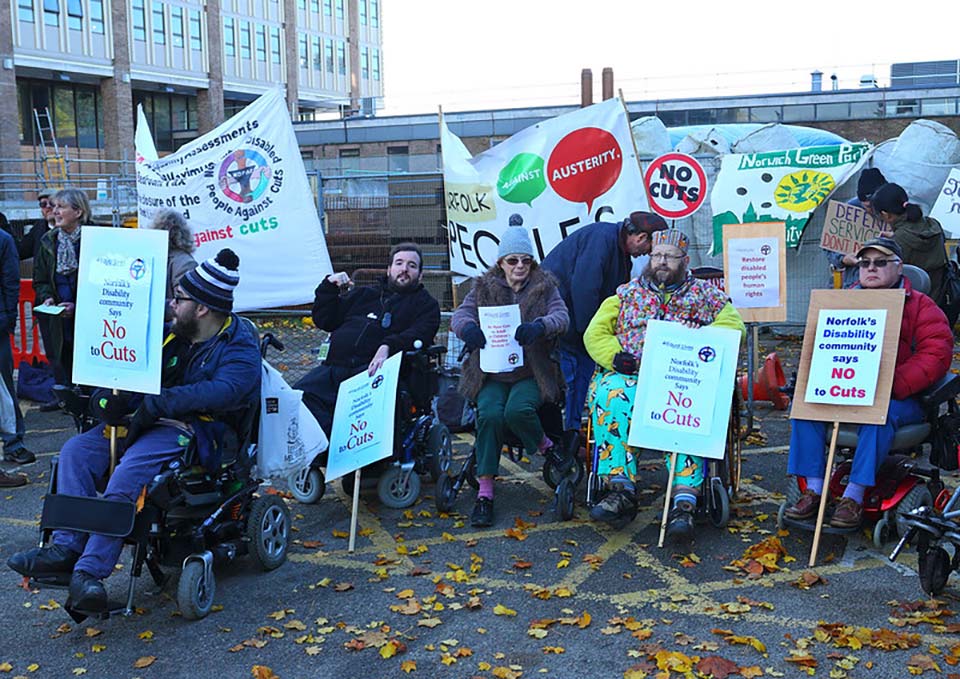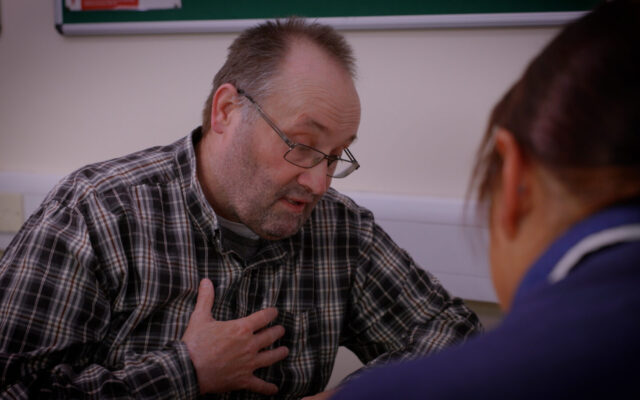“A change in the highest level of public office can signal fresh hope.” My words, shared here less than a year ago, have aged badly.
Instead of rights-based support, Labour plans a £5 billion benefits crackdown, using a stigmatising narrative against claimants as an unproductive drain on resources.
By 2029, tighter eligibility criteria for personal independence payment (PIP), for example, could mean over a million people lose £4,000–£6,000 a year. My sister Raana’s among the low-hanging fruit. She can walk but needs PIP to get about safely.
This targeting of benefit claimants isn’t new, as Mary O’Hara writes, but jars when promulgated by a Labour government. O’Hara warns that, as Trump rolls backs on US inclusion policies, the UK should not undermine disabled people’s lives.
The support sector is already fragile. The Providers Unite coalition of care providers has protested, advocating for “survival”. Yet Baroness Louise Casey’s commission on adult social care reform will not start reporting until next year.
Social care, however, is a fundamental right, not a luxury.
Staying motivated
We must remain motivated by the hard-won progress made. Veteran campaigner Michael Edwards exemplifies this, telling Seán Kelly of his resolve “to make life better for other people”.
Instead of rights-based support, Labour plans a £5 billion benefits crackdown, using a stigmatisinag narrative against claimants as an unproductive drain on resources
Sam Carlisle’s piece shows how the needs of pupils and their whole families are recognised at a special school. The Elfrida Society, as Hannah Fearn reports, takes a rights-based approach to keeping parents and children together.
Such efforts highlight a belief in potential, also reflected in John Harris’s article, where he bewails that individuals such as his “complicated, creative, funny and fantastically human” son James are reduced to mere “deficits and impairments”.
His book Maybe I’m Amazed is both a paean to the connections between autism, learning disability and music and a defiant, empathetic protest against how society and institutions restrict life chances. The government could take a leaf out of it.





